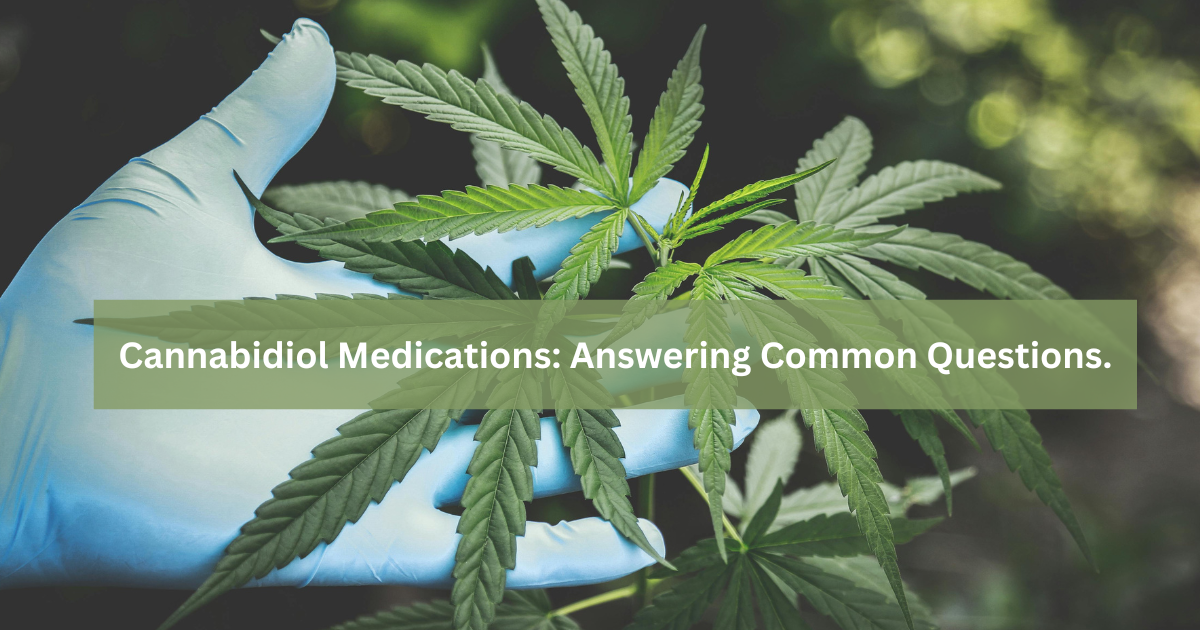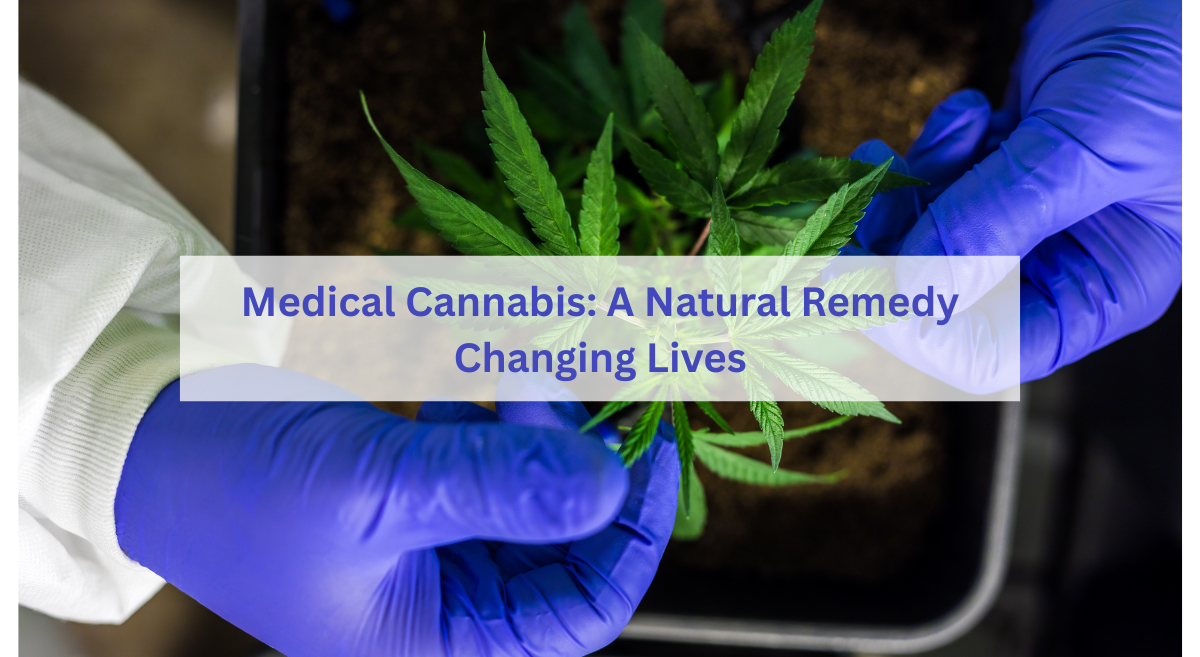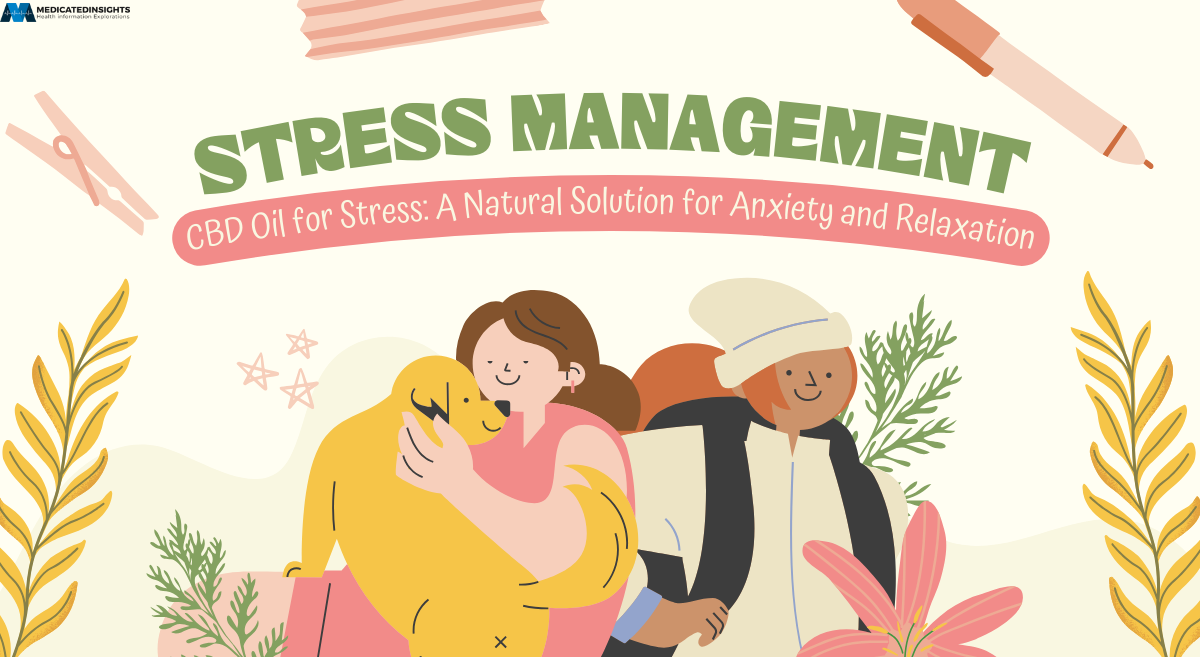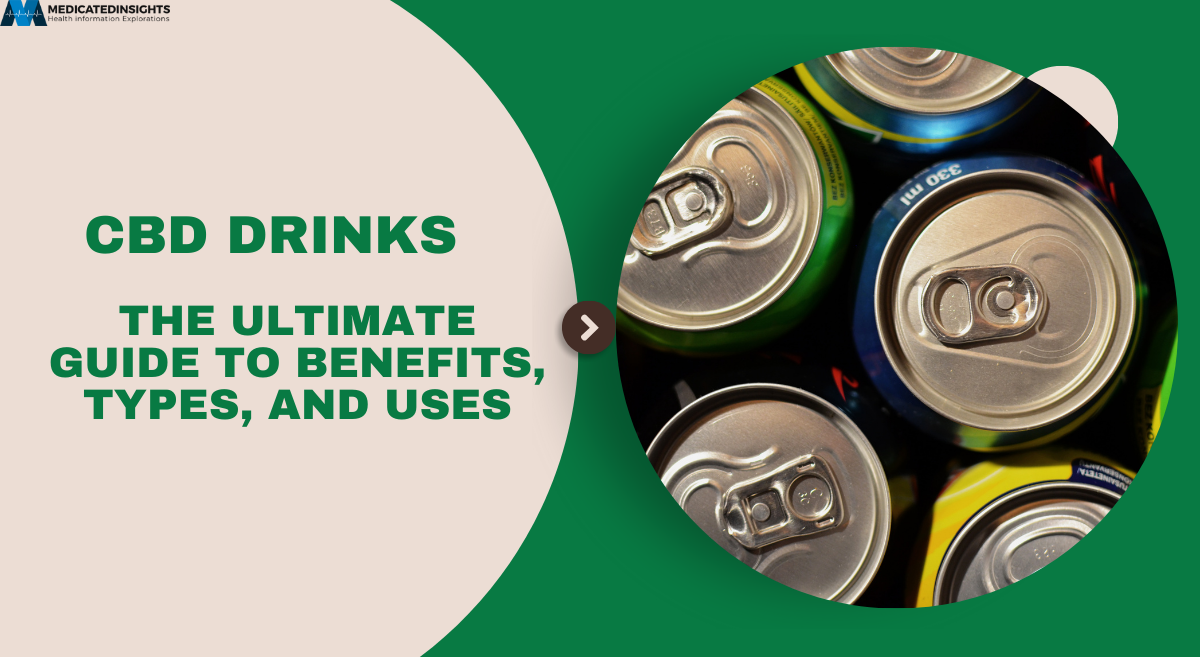In recent years, cannabidiol (CBD) has garnered attention for its potential therapeutic benefits. As more individuals explore the world of CBD medications, questions naturally arise. Let’s unravel some common queries surrounding CBD medications to provide a clearer understanding of this intriguing compound.

Answering Common Cannabidiol Questions
What are Cannabidiol Medicines?
Cannabidiol, or CBD, is a naturally occurring compound found in the cannabis plant. Unlike its counterpart, THC (tetrahydrocannabinol), CBD does not produce the psychoactive effects typically associated with cannabis.
CBD medicines are derived from hemp plants and are known for their potential to manage various health conditions.
What is the Prescription Drug for CBD?
Epidiolex is the first and only prescription drug containing CBD approved by the U.S. Food and Drug Administration (FDA). It is primarily prescribed for the treatment of specific types of epilepsy, such as Lennox-Gastaut syndrome and Dravet syndrome.
What are the Common Names for Cannabidiol?
CBD is commonly referred to by its acronym, but you may also encounter terms like “hemp oil,” “CBD oil,” or “cannabis oil” in everyday conversations. These terms are often used interchangeably but may vary based on the product’s composition.
What is the FDA-Approved CBD Drug?
As mentioned earlier, Epidiolex is the only FDA-approved CBD drug. Its approval signifies the recognition of CBD’s efficacy in treating certain epilepsy disorders.
Are There Any Potential Interactions Between CBD and Stress-Related Medications?
While research on CBD interactions is ongoing, some studies suggest that CBD may influence the metabolism of certain medications by inhibiting specific enzymes in the liver.
This could potentially affect the blood levels of medications, including stress-related medications. It is crucial to consult with a healthcare professional before combining CBD with any stress-related medications.
What are the Possible Interactions of CBD with Other Medications or Supplements?
CBD has the potential to interact with various medications and supplements due to its influence on enzyme activity in the liver. Medications processed by the cytochrome P450 system may be affected.
It is advisable to inform your healthcare provider about all medications and supplements you are taking to assess potential interactions.
What Medications Interact with CBD?
Medications that are metabolized by the liver’s cytochrome P450 enzymes may interact with CBD. This includes medications such as anticoagulants, anti-seizure drugs, and some antidepressants.
It’s crucial to inform your healthcare provider about your CBD use to ensure they can make informed decisions regarding your treatment plan.
Is Marijuana Medicine?
The classification of marijuana as medicine is a complex and evolving topic. While CBD, one of the many compounds in marijuana, has been recognized for its potential therapeutic benefits, the broader use of marijuana as medicine is subject to ongoing research and legal considerations.
Some jurisdictions have legalized medical marijuana for specific conditions, while others maintain restrictions. Consult with your healthcare provider and adhere to local regulations for accurate information on the medicinal use of marijuana.
Conclusion:
As interest in CBD medications continues to grow, it’s essential to approach them with knowledge and caution. While CBD shows promise in various therapeutic areas, understanding its potential interactions and consulting with healthcare professionals ensures safe and effective use. Remember, individual responses to CBD can vary, and personalized medical advice is key when incorporating CBD into your healthcare routine.





